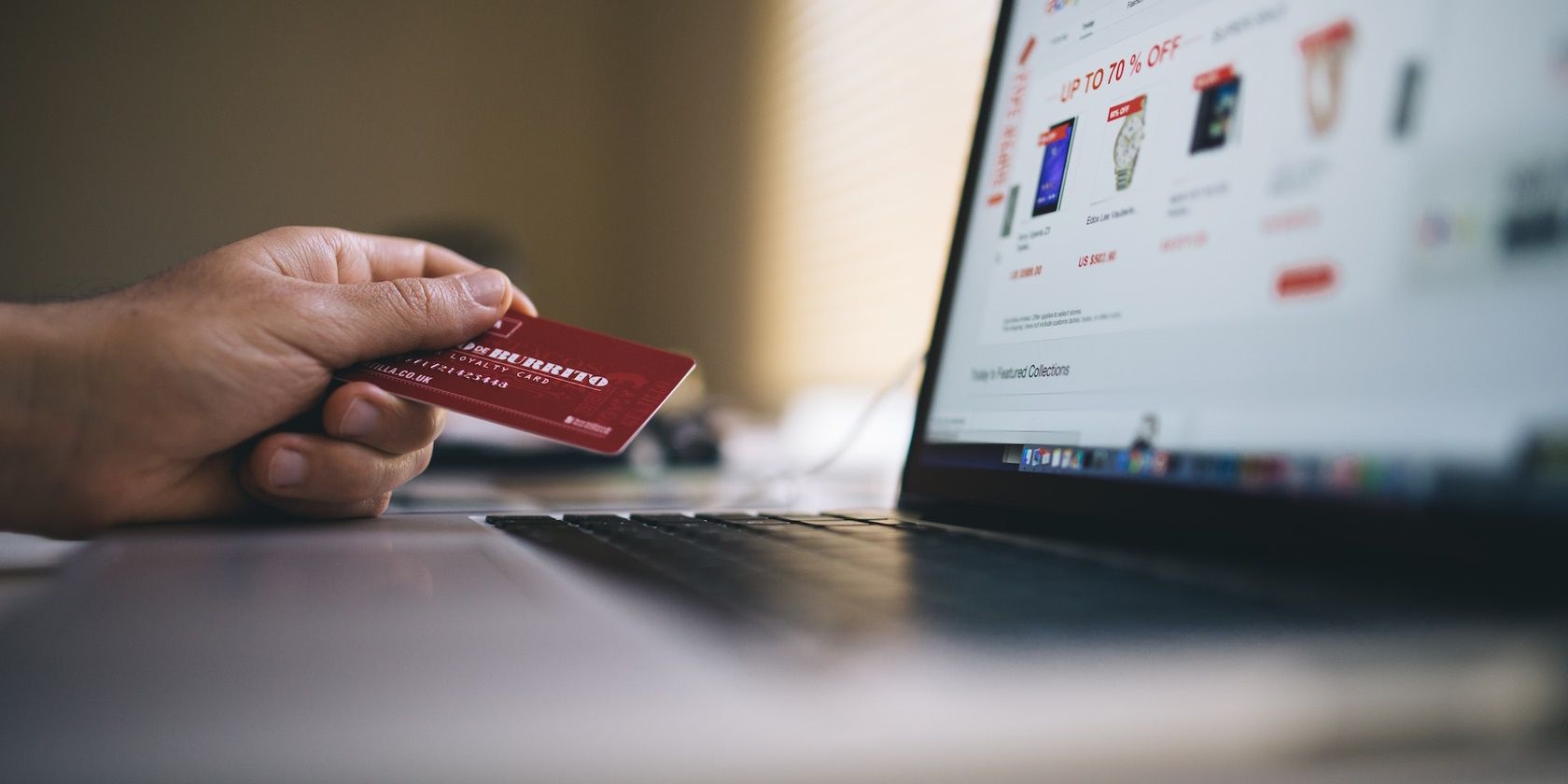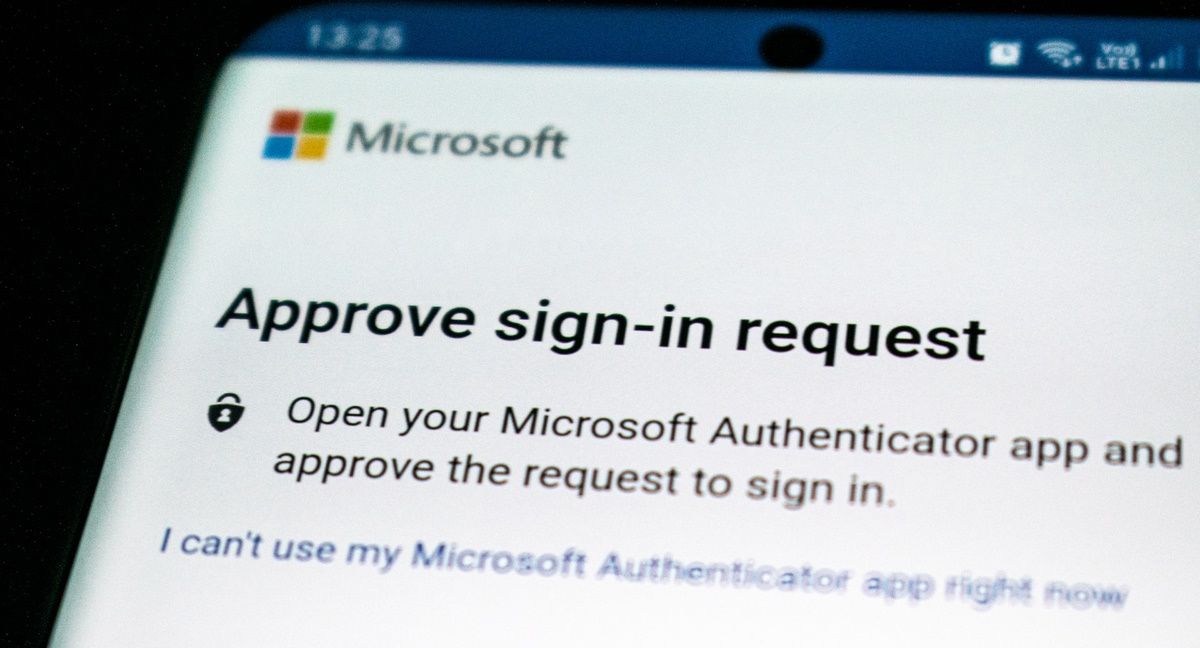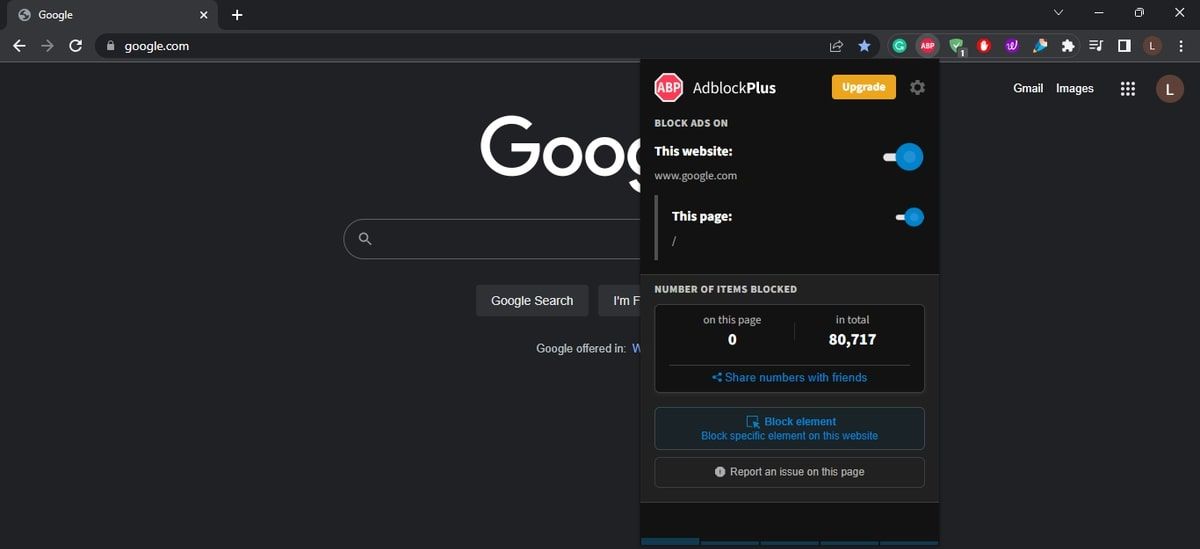Every day you sign up for new online services, send or receive money via internet banking, buy goods and services online, or connect with friends and family on social media using your personal information. With so much of your daily activities happening online and the increasing risk of cyberattacks, it’s essential to protect your online security and privacy.
Fortunately, there are several types of tools that you can use to protect your personal information from hackers and other malicious users.
1. Antivirus Software
An antivirus program is a type of security tool designed to protect your devices from malicious software. After installing an antivirus program on your computer, it runs in the background, and scans for any malicious threats. Once the antivirus software detects any malware, it will alert you and let you decide whether to ignore, quarantine, or delete the threat.
This makes antivirus software essential to ensure your computer runs smoothly and securely. However, with so many options out there, you might be wondering how to choose the best antivirus for your device. There are many factors to evaluate, including the type of device you’re using, your budget, the level of protection you need, and more.
2. Password Managers
Your passwords not only let you access essential online services like your email, Netflix, or online bank accounts, but they also help protect your personal information. This is why creating separate, unbreakable passwords for each account is vital. This way, if one of your passwords is compromised, it won’t put any of your other accounts at risk.
However, remembering all these passwords can be challenging, considering that you probably sign up for new online services from time to time. This is where password managers can be useful, as they help you generate, store, and keep track of multiple passwords—all you need to do is memorize one master password to access your password manager. That said, you might want to start using a password manager to improve your online security and privacy.
3. Virtual Private Networks (VPNs)
VPNs are a popular type of online security and privacy tool that helps protect your data from malicious actors on the internet. Whenever you connect to a public Wi-Fi or other insecure networks, your IP address and browsing activity can be visible to hackers. This lets third parties track your online activities, like the sites you visit and the files you download.
You can use a VPN to prevent intruders from monitoring your activities. A VPN protects your online activity by creating an encrypted connection between your device and the websites you visit. It does this by routing your traffic through its secure servers, which makes it more challenging for anyone to know the originating source of your traffic.
There are several VPN solutions you can use to improve your online security and privacy, including free options and paid subscriptions. However, as tempting as it might be to use the former, you should never use a free VPN if you value your privacy.
4. Encryption Software
You already know how vital it is to use strong passwords to protect your accounts. However, if you frequently work with sensitive information or store confidential data on your computer, like financial or medical records, you might also need to consider encryption software.
Encryption tools use mathematical algorithms to scramble your data, making it unreadable to snoopers who lack the proper key, before storing it on your computer or sending it over the internet. This way, even if someone were to gain access to your computer, they wouldn’t be able to view or use the information.
While this might sound complicated for non-technical users, the best encryption software solutions are designed to be user-friendly. For the most part, all you need to do is download the encryption program, create an account, and import or drag and drop a file into the program.
5. Two-Factor Authentication
This is another online security tool that adds a layer of protection to your online accounts. But what exactly is two-fact authentication (2FA)? To help you understand this security process, it helps to start with the more common single-factor authentication (SFA), which requires you to provide your login credentials (mostly your username and password) to access an online account.
On the other hand, 2FA requires you to go through two steps to access your account. So, in addition to providing your username and password, you’ll also need to provide some additional information (like a code sent to a trusted device). This way, even if someone were to crack your password, they would still need the additional information to access your account. However, it is worth noting that there’s a difference between two-factor authentication and two-step verification.
6. Firewalls
Connecting your computer to the internet exposes it to various malware and malicious actors. One way to protect your network or devices from online threats is by using a firewall, which acts like a protective shield that can help reduce the risk of cyberattacks. Although it sounds similar, firewalls and antivirus solutions are not the same.
A firewall is a software or hardware security tool that monitors and filters incoming and outgoing traffic between your private network and the public internet to prevent unauthorized access. A firewall allows traffic that meets specific criteria to pass and blocks the ones that don’t. Think of it as a gatekeeper assigned to protect your home’s entrance by allowing friends in and keeping strangers out.
You should consider using a firewall for several reasons, most notably reducing the risk of malware infections, preventing unauthorized access to your computer or network, and blocking your access to specified websites.
7. Ad Blockers
Raise your hand if you have been bombarded with intrusive ads and popups while visiting some websites. Annoying, right? These intrusive ads, obstructive videos, awkward sounds, and animated banners slow your web browsing experience, cover up content you want to see, and can sometimes contain malware.
This is where ad blockers come to the rescue! Ad blockers are software tools that help you to have a more enjoyable browsing experience by filtering out pesky ads and protecting your online privacy by preventing advertisers from tracking your browsing history.
However, while you will likely rush to download the best ad blockers for Edge, Chrome, or Firefox, it is worth mentioning that some of your favorite websites rely on ads to generate revenue to pay for their staff, servers, and other expenses. That said, whitelisting your favorite websites (or disabling the ad blocker while visiting them) allows you to enjoy free content while supporting them.
8. Anonymous Web Browsers
Nowadays, everyone seems interested in your online activities, including your internet service provider, the government, advertising companies, and big tech companies. If you believe privacy should be considered a human right, then you should consider using privacy tools that can stop prying eyes from tracking your online activities.
One such tool is an anonymous web browser, which helps to protect your identity and personal information while browsing the internet. Fortunately, you can use many free anonymous web browsers that are completely private, including Tor and Epic Browsers.
Your Online Security and Privacy Matters
As we continue to rely on the internet for our daily activities, protecting our data and privacy has become increasingly important. Whether you are a casual internet user or a techie, taking appropriate steps to improve your online security and privacy has never been more critical. You can start by leveraging the above tools to regain control of your online security and privacy.




